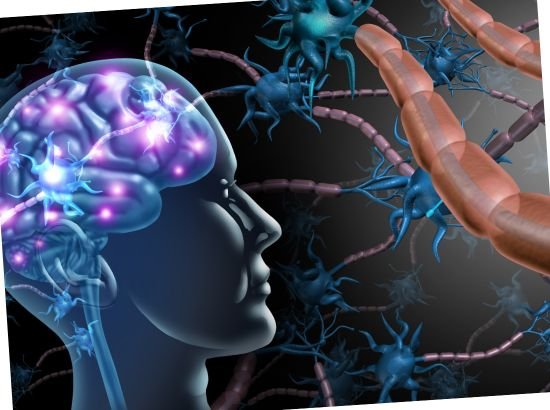
Brain-Eating Amoeba Claims 19 Lives in Kerala; What Is This Rare Disease?
Thiruvananthapuram, September 18, 2025 — Kerala is facing a grave public health challenge as a rare and deadly brain infection caused by the so-called “brain-eating amoeba” has already claimed 19 lives this year. Health authorities confirmed that the deaths were due to Primary Amoebic Meningoencephalitis (PAM), an infection caused by Naegleria fowleri.
So far in 2025, the state has recorded 61 confirmed cases, with the majority of fatalities reported in recent weeks. Victims include patients as young as three months old and as old as 91 years, highlighting the broad vulnerability across age groups.
The infection, known medically as Amoebic Meningoencephalitis, destroys brain tissue and has an extremely high fatality rate. It occurs when Naegleria fowleri enters the body through the nasal passages, typically during swimming, diving, or bathing in warm freshwater sources such as ponds and wells.
Importantly, experts emphasize that drinking contaminated water does not cause the disease, and it does not spread from person to person. Common early symptoms include headache, fever, nausea, and vomiting, which quickly progress to brain swelling and often death.
Kerala’s Health Minister Veena George stated that the outbreak presents a serious public health challenge. Since July, the government has intensified sanitation drives across northern districts, including chlorination of ponds and wells. Unlike previous years, the current cases are not linked to a single water source, making epidemiological investigations more complex.
“The cases are scattered and not clustered. This complicates tracking the source,” George explained, adding that the situation remains unpredictable.
Government advisories note that global warming is contributing to the threat. Rising water temperatures and increased recreational use of freshwater bodies create favorable conditions for the amoeba to thrive and infect more people.
Globally, the infection is extremely rare — typically affecting just one in 2.6 million people exposed to contaminated water. However, its nearly 99% fatality rate makes it one of the most feared parasitic infections.
Kerala’s health officials continue to urge residents to avoid swimming or bathing in untreated warm freshwater sources, particularly in rural districts where recent cases have been concentrated.